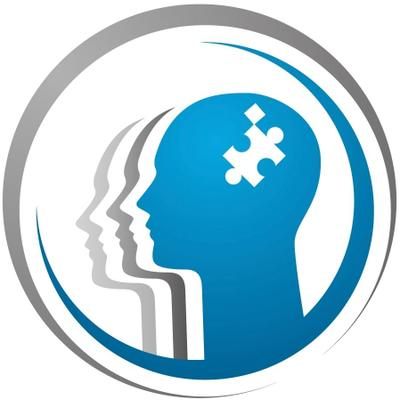About Job
Job Overview: The role of the Care Manager is to deliver the 6 core services in a person-centered manner in order to meet the needs of the individual, the OPWDD valued outcomes, the objectives of the People First Transformation, and the State requirements.
Essential Responsibilities:
Provide comprehensive, person-centered Care Management services focusing on the 6 core services:
- Comprehensive Care Management
- Complete a Comprehensive Assessment for each individual that identifies medical, mental health, chemical dependency, developmental disability, and social service need
- Develop a Life Plan with the individual; include family, collaterals, and service providers in fulfillment of the Life Plan; parties should agree with the goals, interventions, and timeframes
- Conduct face-to-face visits as required
- Care Coordination and Health Promotion
- Engage the individual in the adherence to treatment recommendations, monitor and evaluate individual’s needs; coordinate all aspects of the individual’s care; develop relationship between the care planning team
- Review and update the Life Plan with the care planning team; initiate changes in care
- Ensure timely access to appointments for individuals to medical/behavioral health care services; link individuals with resources
- Comprehensive Transitional Care
- Assist the individual to transition between levels of care, or after critical events, such as: hospital, school, rehabilitation facility, etc., follow up in a timely manner post discharge, support individual during crisis events
- Use Health Information Technology to facilitate collaboration among all providers
- Individual and Family Support
- Communicate and share information with individuals and their family/representative, ensure that the Life Plan reflects the individual’s and their family/representative’s preferences
- Utilize peer supports, support groups to increase family/representative’s awareness
- Referral to community and social support services
- Identify available resources and actively manage referrals, engagement, and follow-up
- Ensure that the Life Plan includes community-based and other social support services that respond to the individual’s needs and preferences and contribute to achieve the individual’s goals
- Use of HIT link services
- Meet the HIT standards in the delivery of core services and the Life Plan, as described in the manual
- Maintain written documentation of service delivery and individuals’ information on the EHR while practicing all HIPAA and Privacy regulations
Additional Responsibilities:
- Monitoring/Assisting individuals with maintaining benefits (Food Stamps, Medicaid, and SSI)
- Support individuals with P&P related to schooling, and any relevant issues
- Report any incident of abuse, neglect, or maltreatment immediately
Job Overview: The role of the Care Manager is to deliver the 6 core services in a person-centered manner in order to meet the needs of the individual, the OPWDD valued outcomes, the objectives of the People First Transformation, and the State requirements.
Essential Responsibilities:
Provide comprehensive, person-centered Care Management services focusing on the 6 core services:
- Comprehensive Care Management
- Complete a Comprehensive Assessment for each individual that identifies medical, mental health, chemical dependency, developmental disability, and social service need
- Develop a Life Plan with the individual; include family, collaterals, and service providers in fulfillment of the Life Plan; parties should agree with the goals, interventions, and timeframes
- Conduct face-to-face visits as required
- Care Coordination and Health Promotion
- Engage the individual in the adherence to treatment recommendations, monitor and evaluate individual’s needs; coordinate all aspects of the individual’s care; develop relationship between the care planning team
- Review and update the Life Plan with the care planning team; initiate changes in care
- Ensure timely access to appointments for individuals to medical/behavioral health care services; link individuals with resources
- Comprehensive Transitional Care
- Assist the individual to transition between levels of care, or after critical events, such as: hospital, school, rehabilitation facility, etc., follow up in a timely manner post discharge, support individual during crisis events
- Use Health Information Technology to facilitate collaboration among all providers
- Individual and Family Support
- Communicate and share information with individuals and their family/representative, ensure that the Life Plan reflects the individual’s and their family/representative’s preferences
- Utilize peer supports, support groups to increase family/representative’s awareness
- Referral to community and social support services
- Identify available resources and actively manage referrals, engagement, and follow-up
- Ensure that the Life Plan includes community-based and other social support services that respond to the individual’s needs and preferences and contribute to achieve the individual’s goals
- Use of HIT link services
- Meet the HIT standards in the delivery of core services and the Life Plan, as described in the manual
- Maintain written documentation of service delivery and individuals’ information on the EHR while practicing all HIPAA and Privacy regulations
Additional Responsibilities:
- Monitoring/Assisting individuals with maintaining benefits (Food Stamps, Medicaid, and SSI)
- Support individuals with P&P related to schooling, and any relevant issues
- Report any incident of abuse, neglect, or maltreatment immediately
Professional Field
 Other Behavioral, Mental, or Healthcare Field
Other Behavioral, Mental, or Healthcare Field










